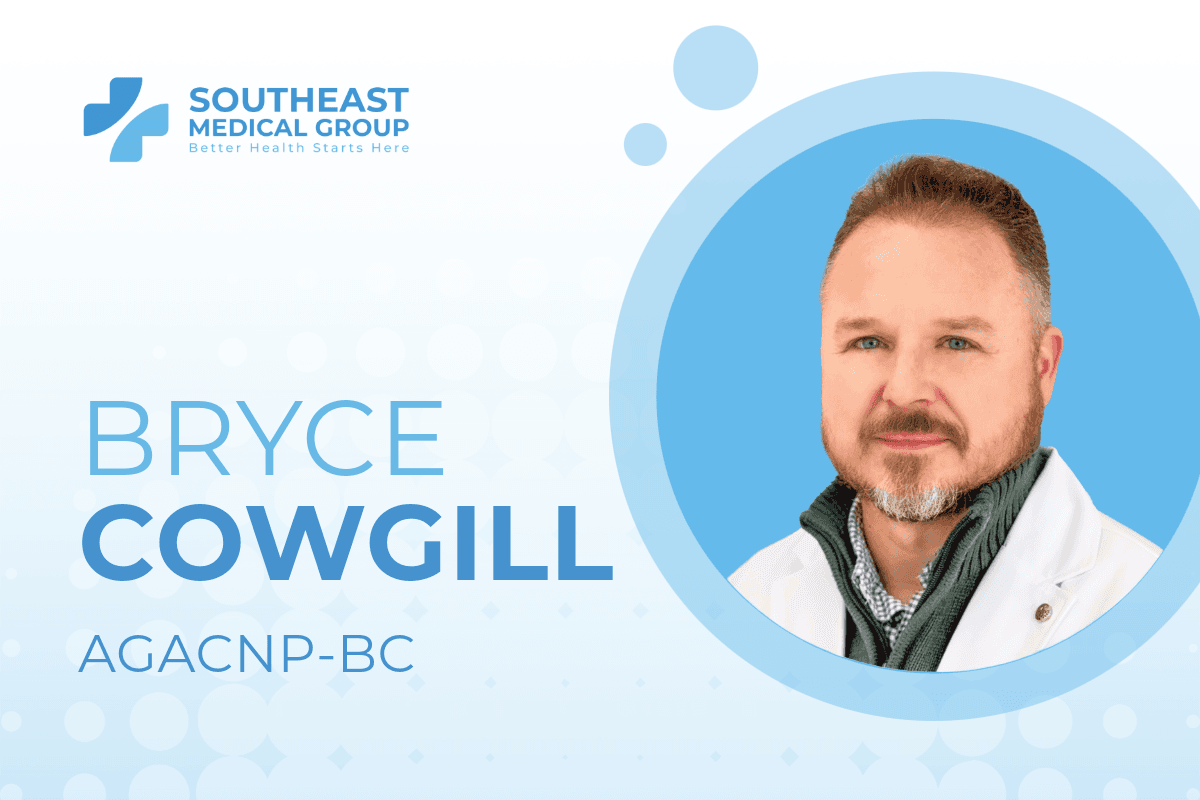Senior hunger is a pressing issue that often goes unnoticed in our communities. Despite alarming statistics, it's a topic that is not talked about enough. According to public health records, the numbers paint a stark reality: 8.3% of seniors in Georgia face food insecurity, while an even higher 13.6% in Alabama may not know where their next meal is coming from, much less if it's nutritious.
The impact of food insecurity among our seniors extends far beyond the awful feeling of hunger. Food insecure seniors are 50% more likely to have diabetes, 60% more likely to have congestive heart failure or a heart attack, and three times more likely to suffer from depression, according to Meals On Wheels America.
But there is hope within reach. Each one of us can play a role in addressing this crisis. From donating to food banks to volunteering our time, there are numerous ways to make a difference. Even the simple act of checking in on our elderly neighbors during trying times can go a long way in combating senior hunger.
As we strive to reduce hunger among seniors, we not only improve their quality of life but also strengthen our communities and economy. It's a collective effort that requires our attention and action.
If you're looking to get involved and make a difference, visit VolunteerMatch to find the best volunteer opportunities near you. If you know a senior going through food insecurity, visit Meals On Wheels America to help them find a meal nearby.
Let's work towards a future where no senior goes hungry.
References:
[1] Georgia Department of Public Health
[2] Alabama Department of Public Health
[3] Meals On Wheels America - Hunger In Older Adults



